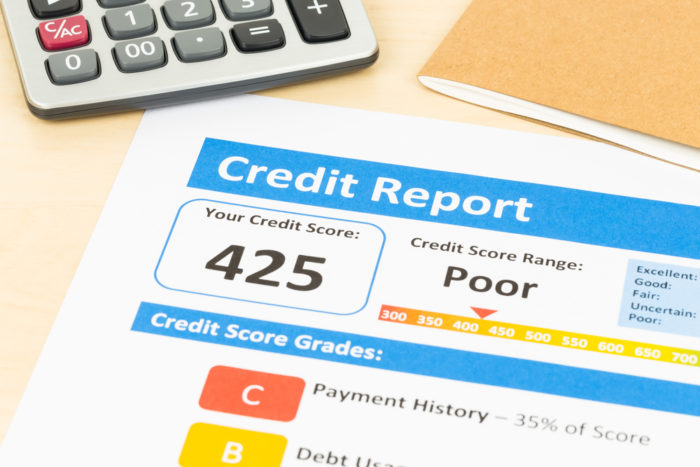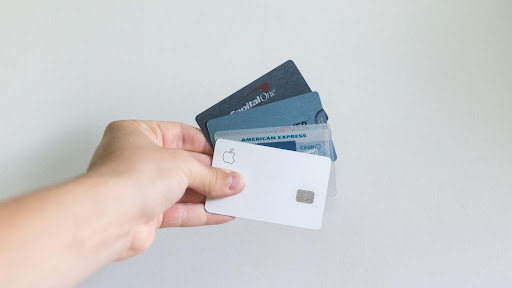According to experts’ reviews, 75% of people with credit cards across the world have an average balance of over $5,000. The impact can be financially shocking!
Credit cards can be tempting, providing individuals the chance to buy and pay later, but they also come with lots of rewards in cash back. But this doesn’t mean that there aren’t any downsides: credit cards can come with huge interest rates, loads of fees, and the potential to ruin your credit score if you delay with monthly payments.
Thus, it’s important to learn how to manage your credit card debt now! Improve your credit score and in return, you’ll be able to borrow more money than expected.
A high credit score will help someday get a mortgage, open up a house equity loan or credit, or take a personal loan.
Here’s how to help manage your credit card and minimize the interest payments:
1. Learn How to Manage Your Monthly Debt Obligation
In order to maintain a healthy financial life, it’s important to learn how to be financially responsible. To be financially responsible, you need to learn how to live within your means. In the short term, you must spend less than you make.
If you’re among those people who enjoy spending their last cent before they get paid, you need to make big efforts to change that. The fact that you aren’t able to pay your monthly debts in time shows that you spend more than you produce.
Learning how to responsibly use your credit means paying the balance on your bank account on the given date. Credit cards are used for convenience, they are handy, eliminating the need for you to carry all that cash with you.
You can even win bonuses and reward points, but not if you become irresponsible and spend all the money you have on meaningless things.
That being said, learning to live in a financially responsible manner is crucial, as this will curb your spending until the balance is completely paid.
To manage to calculate the monthly debt obligations, list your rent, mortgage payment, loan payment, groceries, the money you need for gas, mobile phone bills, streaming services, and other expenses in your routine on a daily basis.
The result shouldn’t exceed your monthly income. If it does, it’s time to reevaluate your spending or see what you can do to earn more money, like getting a second job.
2. Make Smarter Financial Decisions – Take Out a Loan
Believe it or not, it is possible to get a loan, even if you have bad credit. But it will take a bit of time to choose the best option for you. Make sure you understand all of the loan’s terms and conditions, so you don’t end up paying to exaggerate interest rates or fees.
Whether the month lasted longer than you’ve planned, or a sudden event or emergency came in, sometimes, people need a loan for extra money.
Luckily, there are plenty of options for small loans with bad credit. But these loans can be quite financially risky, so be sure to pay careful attention when you apply for one.
Be realistic about getting a loan if you have bad credit. What is bad credit? People with credit scores lower than 570 are considered risky borrowers. You might be able to get a loan with a bad credit loan, as some lenders will consider your debts, income, collateral, and credit history.
Some lenders might even consider that 670 is a bad credit score, requiring at least 700. Unfortunately, a bad credit score could limit your options to get a loan.
3. How Does a Person Get a Bad Credit Score?

Usually, bad credit scores are a result of late payments. This can only tell a lender that the person is likely to delay their monthly payments in the future, which costs the lender money. So, they decide to not take the risk of providing loans to people with bad credit scores.
However, some of them decide to see it as a business opportunity: they decide to offer loans to borrowers with bad credit loans, but they might ask for a higher interest rate, resulting in a higher APR (annual percentage rate).
4. Obtaining a Personal Loan with a Bad Credit Score
Indeed, not too many lenders will give you a loan if you have a poor credit score. You may still have some options, but shopping around to find your best offers is still a great idea.
Look for lenders that are okay with the idea of giving loans for bad credit. Even if you are financially unstable, lenders will ease their credit requirements, as they want to stay ahead of the competition in the marketplace.
5. Improve Your Credit Score Before Applying
Another better option is to consider improving your credit score before applying for a loan. It is possible, you just need to follow a few simple steps:
- Open an account that reports to the credit departments
- Maintain low balances by paying your bills on time
- Build your credit file
- Contact a credit counselor and get on a debt management plan
- Limit the times you apply for new credit card accounts
- Rebuild your credit score
The vast majority of lenders use a credit score calculator to determine your credit score.
6. Pay Your Debts On Time
Make sure you pay on time your debts, so you can help raise your credit score. Improving your credit score is good for your overall financial health. This will help you get access to many financial options.
Whether you choose to buy a home, a car, or maintain your spending, a higher credit score could open many doors to a loan with lower interest rates. Be a little bit more vigilant and consistent about your spending, and you can build great credit habits that will lead to successfully obtaining a personal loan.
Evaluate your spending habits, and make the proper adjustments, so you can become a responsibly financial person.


